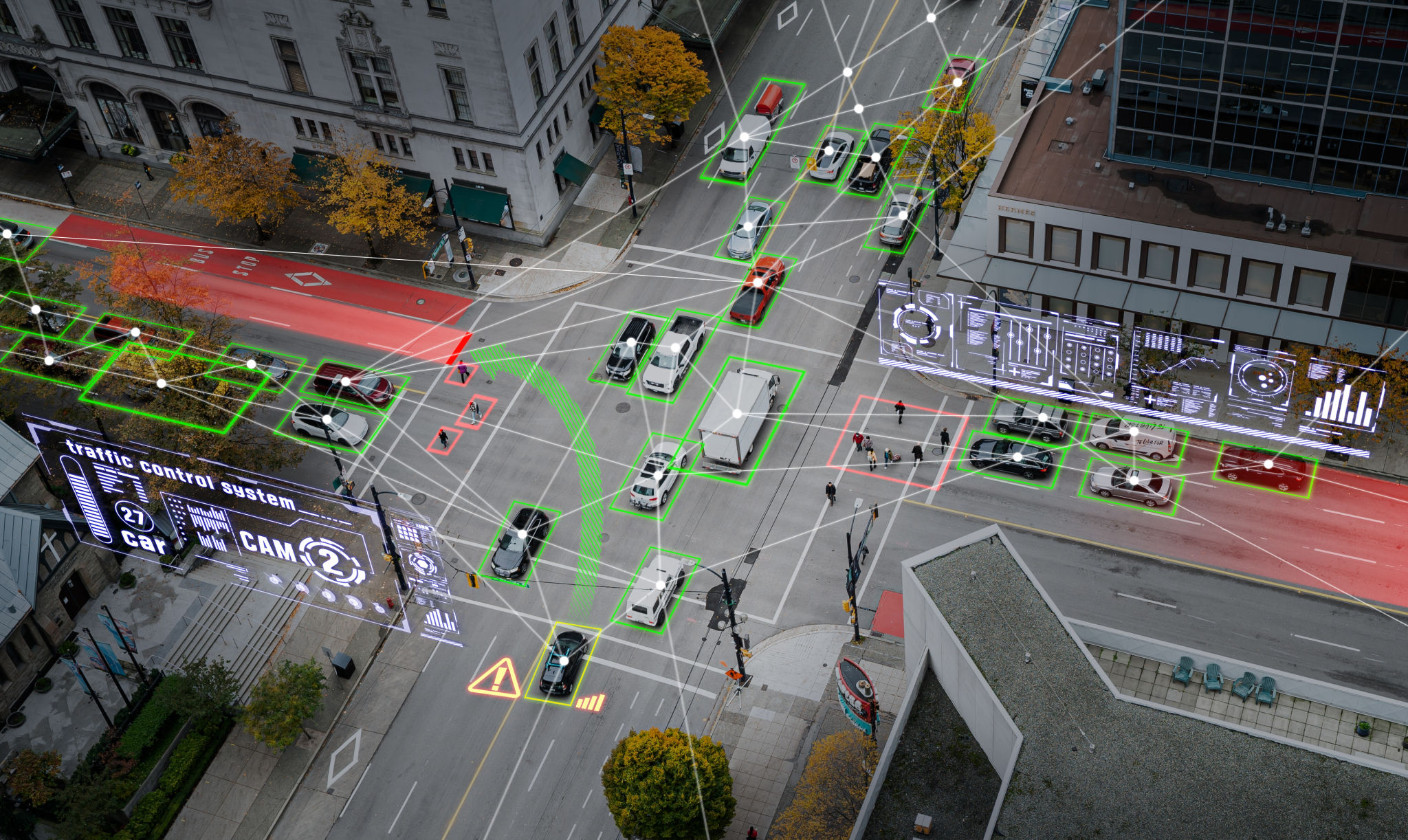Understanding Drone Regulations in Australia: What You Need to Know
Introduction to Drone Regulations in Australia
As drones become increasingly popular across various sectors, understanding the regulations governing their use is crucial for both hobbyists and professionals. Australia has established clear guidelines to ensure safe and responsible drone operations. Whether you're new to drones or a seasoned pilot, staying informed can help you avoid legal issues and enhance your flying experience.

Who Governs Drone Usage in Australia?
The Civil Aviation Safety Authority (CASA) is the primary body responsible for regulating drone activities in Australia. CASA's rules are designed to protect other aircraft, people, and property by ensuring that drones are operated safely. Compliance with these regulations is mandatory for all drone operators.
Do You Need a License?
For recreational use, a license is not required as long as you adhere to specific guidelines. However, if you plan to fly your drone commercially, you must obtain a Remote Pilot Licence (RePL). Additionally, businesses using drones must have a Remote Operator's Certificate (ReOC). These certifications ensure that operators have the necessary skills and knowledge to fly drones safely.
General Rules for Recreational Drone Use
Recreational users must follow a set of standard operating conditions. Some key rules include:
- Keep your drone within visual line-of-sight.
- Do not fly higher than 120 meters above ground level.
- Stay at least 30 meters away from people.
- Avoid flying over or near emergency situations.

Restricted Areas
Certain areas are off-limits for drone operations due to safety concerns. These include:
- Controlled airspace around airports.
- Prohibited areas such as military bases.
- National parks, unless permission is granted.
Always check for temporary restrictions that might affect where you can fly your drone.
Commercial Drone Operations
If you're using drones for commercial purposes, more stringent regulations apply. Besides licensing, commercial operators must adhere to operational requirements tailored to the specific nature of their work. This includes risk assessments and having safety protocols in place.

Insurance Considerations
While not always mandatory, obtaining insurance is highly recommended for commercial drone operators. Insurance can protect against liability for damages or injuries caused by drone operations, providing peace of mind and financial security.
Recent Updates and Future Outlook
The regulatory landscape for drones is continually evolving as technology advances and their usage expands. CASA regularly updates its regulations to address emerging issues and incorporate feedback from the drone community. Staying informed about these changes is vital for compliance and safe operation.
The future of drone regulation in Australia looks promising, with potential developments aimed at integrating drones into the broader air traffic management system. This could open up new opportunities while ensuring the safety of our skies.
